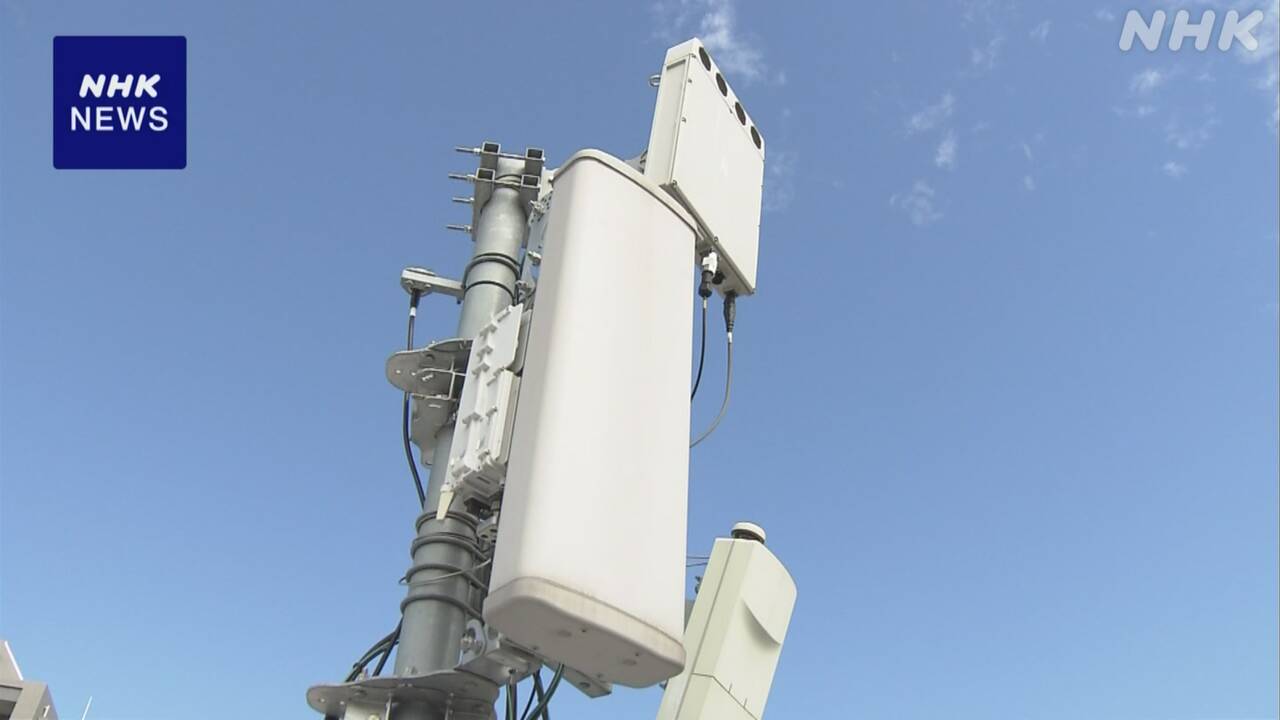When building mobile phone base stations, Japanese telecommunications companies are focusing on introducing a method called ``Open RAN,'' which reduces costs by not integrating various devices into one manufacturer.
Each company is competing not only with domestic competitors but also with overseas competitors to capture them in the global market.
The specifications of the various devices used in mobile phone base stations are unified by a single manufacturer called a vendor, which increases the stability of operation, but the problem is that there is less freedom for improvement and it is difficult to reduce costs. Ta.
Under these circumstances, major telecommunications companies are focusing on introducing a method called "Open RAN" that allows devices from different manufacturers to be connected.
▽NTT Docomo announced last month that it would establish a new company jointly with NEC in order to expand its introduction to overseas mobile phone companies, and is planning trial introductions with companies in Qatar and Singapore.
▽Rakuten Group is moving forward with the introduction of "virtualization" technology that processes communications on the cloud without placing conventional dedicated equipment at base stations, and last month announced that it will conduct an open RAN trial operation with a telecommunications company in the Philippines. I decided.
On the other hand, overseas
companies are competing to incorporate the technology into their own camps in the global market, with American telecommunications giant AT&T moving forward with a joint implementation plan with telecommunications giant Ericsson.

